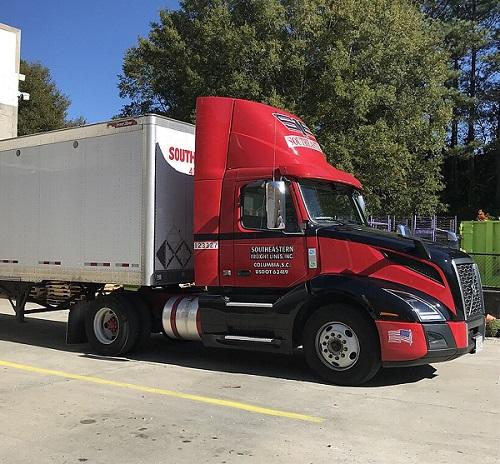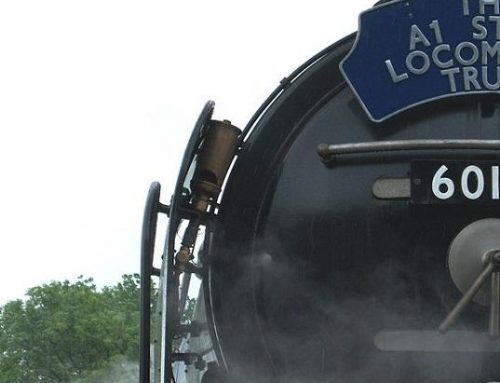Truck drivers and transportation workers play a vital role in keeping our economy running. However, when public safety is at risk due to unsafe vehicles or driving practices, these workers often find themselves facing a difficult choice – stay silent about violations and endanger lives, or speak up and risk losing their livelihood. The Surface Transportation Assistance Act (STAA) aims to empower these workers to make the ethical choice without fear of retaliation from their employers.
Who is Covered
The STAA protects private sector commercial motor vehicle drivers, including independent contractor drivers and other transportation workers like mechanics and freight handlers. To be covered, the vehicles driven must meet weight, passenger, or hazardous materials transport thresholds set by the Secretary of Transportation. Workers are also covered if they were perceived to have engaged in protected activities, even if that perception is inaccurate.
What Activities are Protected
If covered under the STAA protections, employers cannot retaliate against workers for:
- Filing complaints or cooperating with investigations related to commercial motor vehicle safety violations
- Refusing to violate regulations or drive an unsafe vehicle
- Accurately reporting hours of service
- Providing information in accident investigations
Retaliation refers to actions like termination, demotion, discipline, intimidation, threats, or harassment. Workers who feel they have experienced retaliation must file a complaint with OSHA within 180 days.
How to File a Complaint
Several avenues exist for submitting a claim, including:
- Visiting the nearest OSHA office in-person
- Calling the 1-800 number to reach the closest OSHA office
- Sending a written complaint to the nearest OSHA office by mail, fax, or third party carrier
- Filing electronically on OSHA’s website: http://www.osha.gov/whistleblower/WBComplaint.html
No specific format is required. OSHA will review the complaint to see that it meets basic requirements, including timeliness, and then proceed with an investigation if warranted.
What Happens Next
If OSHA finds evidence that retaliation occurred, they can order remedies like reinstatement, back pay, benefits restoration, and more based on the details involved. If the findings do not support retaliation, OSHA will dismiss the case. From there, appeals can be made by either party to an administrative law judge and review board. Alternatively, employees can pursue federal court action if OSHA does not reach a final decision within 210 days.
The STAA upholds ethical business practices in the transportation sector by enabling workers to freely report legitimate safety concerns without jeopardizing their jobs or livelihoods. As issues arise, drivers should remember that resources exist to protect them if they do the right thing by standing up against violations that put the public’s wellbeing at risk. With open communication and proper follow-up, the transportation industry can continue working safely toward a better future for all.










